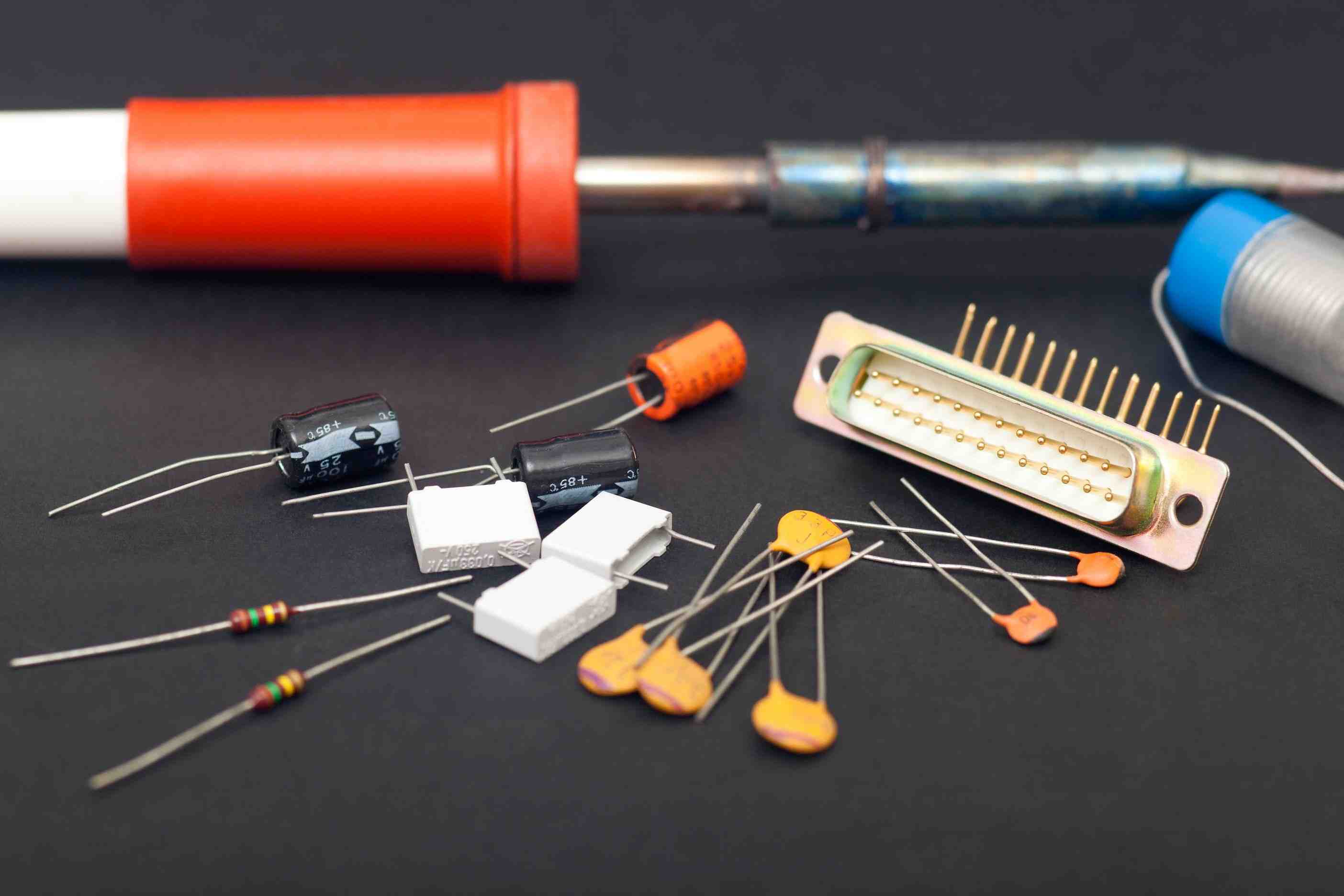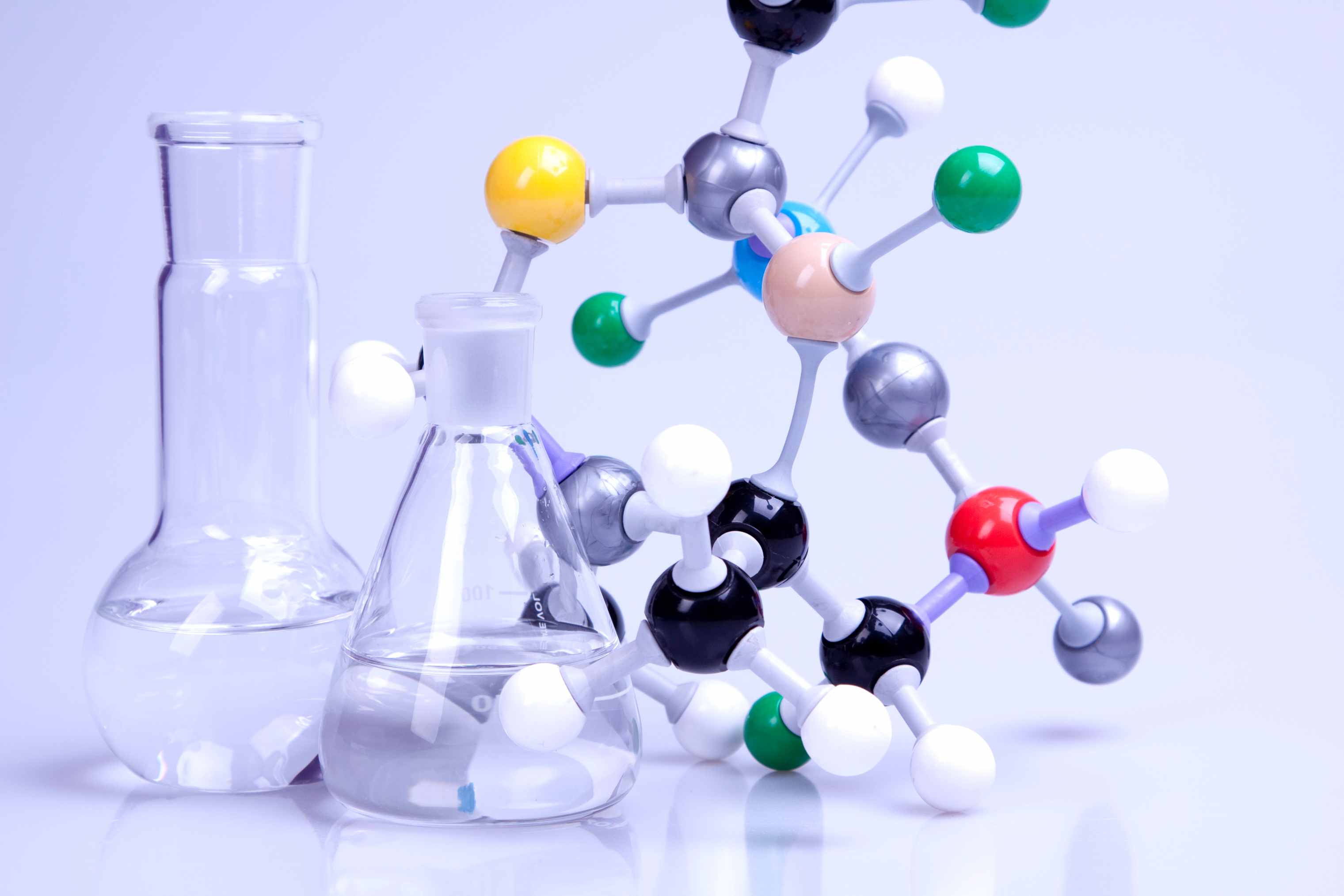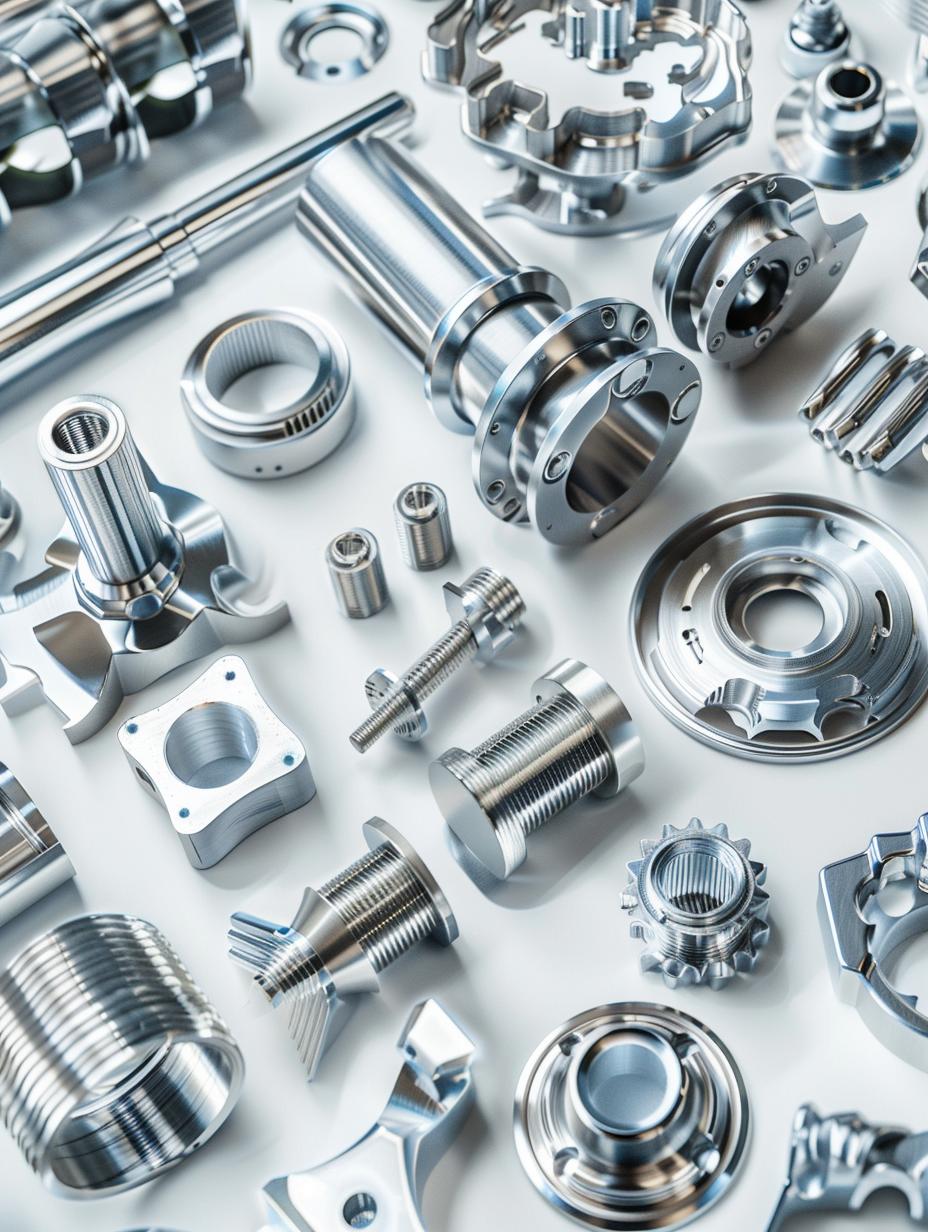




























MTT provides professional automotive material performance testing, helping automotive production enterprises to comprehensively grasp the quality status of the materials used, timely discover and solve potential problems, thereby improving the overall quality and safety of products, optimizing supply chain management, reducing production costs, and enhancing market competitiveness.

| Project Background
With the rapid development of the automotive industry and the continuously increasing consumer demands for vehicle performance, the quality and safety of automotive materials have become critical factors influencing overall vehicle performance and user experience. To ensure the reliability and durability of automotive materials, MTT provides a comprehensive range of automotive material performance testing services. These services are designed to conduct thorough evaluations of key materials such as metals, polymers, leather, and textiles, thereby offering automotive manufacturers scientific and accurate quality assessments and improvement recommendations.
| Test Objective
The aim is to ensure, through systematic material performance testing, that automotive materials meet design requirements and industry standards, thereby enhancing the overall quality and safety of the vehicle. The specific objectives include:
Comprehensive monitoring of material quality: conducting multifaceted testing of metals, polymers, leather, and textiles, including physical properties, chemical composition, and thermal performance.
Ensuring material safety: eliminating potential safety risks through rigorous testing procedures to safeguard the safety of drivers and passengers.
Enhancing product competitiveness: supporting automotive manufacturers in improving product quality and strengthening market competitiveness through high-quality material testing.
| Testing Scope and Methods
1. Testing of metallic materials
Mechanical performance testing: including tensile tests (at high, ambient, and low temperatures), compression, shear, and torsion tests, as well as impact tests (at ambient and low temperatures) and hardness tests (Vickers, Rockwell, Brinell, Knoop, etc.).
Chemical composition analysis: conducting elemental analysis of steels, copper alloys, aluminum alloys, zinc alloys, lead alloys, silver alloys, soldering materials, titanium alloys, magnesium alloys, etc., along with grade identification.
Thermal performance testing: measuring thermal conductivity, coefficient of linear expansion, and performing TG point testing.
Microscopic analysis: conducting metallographic analysis, inclusion testing, and grain size evaluation.
2. Testing of polymeric materials
Mechanical performance testing: including hardness tests (Shore, Rockwell, ball indentation, etc.); tensile tests (at ambient, high, and low temperatures); bending tests (at ambient, high, and low temperatures); compression tests (at ambient, high, and low temperatures); impact tests (at ambient and low temperatures); tear resistance tests; density tests; and Poisson’s ratio measurement.
Thermal performance testing: measuring melting point, molding shrinkage ratio, coefficient of thermal expansion, thermogravimetric analysis (TGA), glass transition temperature, specific heat capacity, thermal conductivity, thermal resistance, Vicat softening point, heat deflection temperature, melt flow index, low-temperature brittleness temperature, and elastic modulus (DMA).
Electrical performance testing: measuring surface resistance/surface resistivity, volume resistance/volume resistivity, dielectric constant, dielectric strength, withstand voltage, and breakdown voltage.
Composition testing: performing qualitative and quantitative analysis of main components, compositional profiling, material identification, and foreign matter analysis.
Flammability performance testing: including vertical/horizontal burning, horizontal burning of automotive interior components, oxygen index, glow-wire resistance, needle flame testing, and smoke density testing.
3. Testing of leather and textiles
Strength testing: conducting tensile strength and tear strength tests on leather and textiles.
Durability testing: including leather flexing tests (at ambient and low temperatures), textile and leather abrasion tests, and peel tests.
Air permeability and chemical resistance testing: measuring fabric air permeability and conducting chemical resistance testing.